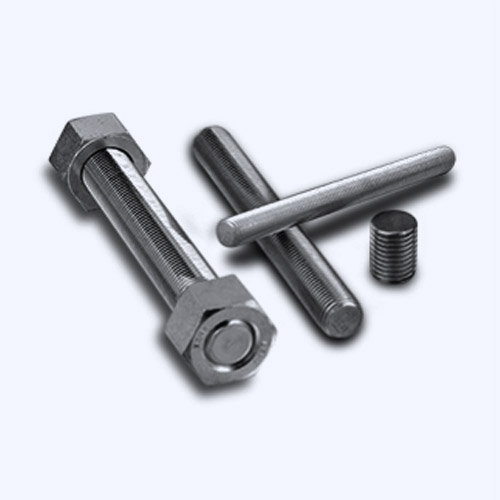Dec . 29, 2024 02:39 Back to list
Understanding Different Types of Bolt Hardware for Your Projects and Applications
Understanding Bolt Types and Hardware A Comprehensive Overview
When it comes to construction, engineering, and various DIY projects, the integrity and reliability of the connections between components are paramount. Bolts play a crucial role in these connections, and understanding the different types of bolts and associated hardware is essential for anyone engaged in building, repairing, or manufacturing. This article aims to explore the various bolt types and their hardware, providing insights into their applications and importance.
Types of Bolts
1. Hex Bolts These are among the most common types of bolts used in construction and manufacturing. Characterized by their hexagonal heads, they are designed to be tightened using a wrench. Hex bolts come in various grades, indicating their strength and material composition. They are widely used for securing metal and wooden structures due to their robustness.
2. Carriage Bolts Recognizable by their rounded heads and square necks that prevent them from rotating when a nut is tightened, carriage bolts are often used in wood-to-wood and wood-to-metal applications. Their design makes them ideal for situations where a smooth surface is required on the head side.
3. Lag Bolts Often referred to as lag screws, these are heavy-duty bolts designed for use in wood. They feature a thick, coarse thread, providing a strong grip when driven into timber. They are commonly used for securing structural beams, deck frames, and large wooden assemblies.
4. Machine Bolts Used in conjunction with nuts, machine bolts are typically found in machine assembly applications. They have a straight, cylindrical shaft and are generally available in a variety of sizes and grades. These bolts provide a strong mechanical connection when used with a corresponding threaded nut.
5. Eye Bolts As the name suggests, eye bolts feature a loop or eye on their head. This design allows them to be used for lifting and securing equipment or loads. Eye bolts come in various configurations, including threaded and non-threaded styles, making them versatile for different applications.
bolt types hardware

Bolt Hardware
In addition to bolts, several types of hardware are essential for securing and optimizing bolt connections
1. Nuts Typically paired with bolts, nuts are critical for creating a secure fastening. They're available in various styles, including hex nuts, lock nuts, and wing nuts, each serving specific purposes. Lock nuts prevent loosening due to vibrations, while wing nuts allow for tool-free adjustments.
2. Washers Essential for distributing the load of the bolt head or nut, washers reduce surface friction and prevent damage to the material being fastened. They also help to maintain tension in the joint. Common types include flat washers, spring washers, and locking washers.
3. Anchors For applications requiring a secure hold in concrete or masonry, anchors are necessary. These devices expand upon insertion and provide a strong grip within the base material, ensuring that the bolt remains secure.
4. Bolts with Built-in Features Some bolts come with additional features, such as thread-locking adhesives or heads designed for specific tools. For example, tamper-proof bolts prevent unauthorized removal, making them ideal for public installations.
Conclusion
Understanding the different types of bolts and their accompanying hardware is crucial for anyone involved in construction or DIY projects. Selecting the right bolt type, along with the appropriate nuts, washers, and anchors, can significantly influence the strength and longevity of a connection. Proper knowledge of these components not only enhances the quality of work but also ensures safety and reliability in any structure or assembly. As diverse as the applications are, so too are the types of bolts available, making it essential to choose wisely to meet the specific requirements of each job. Whether you are a seasoned professional or a weekend warrior, a solid grasp of bolt types and hardware will serve you well in your endeavors.


